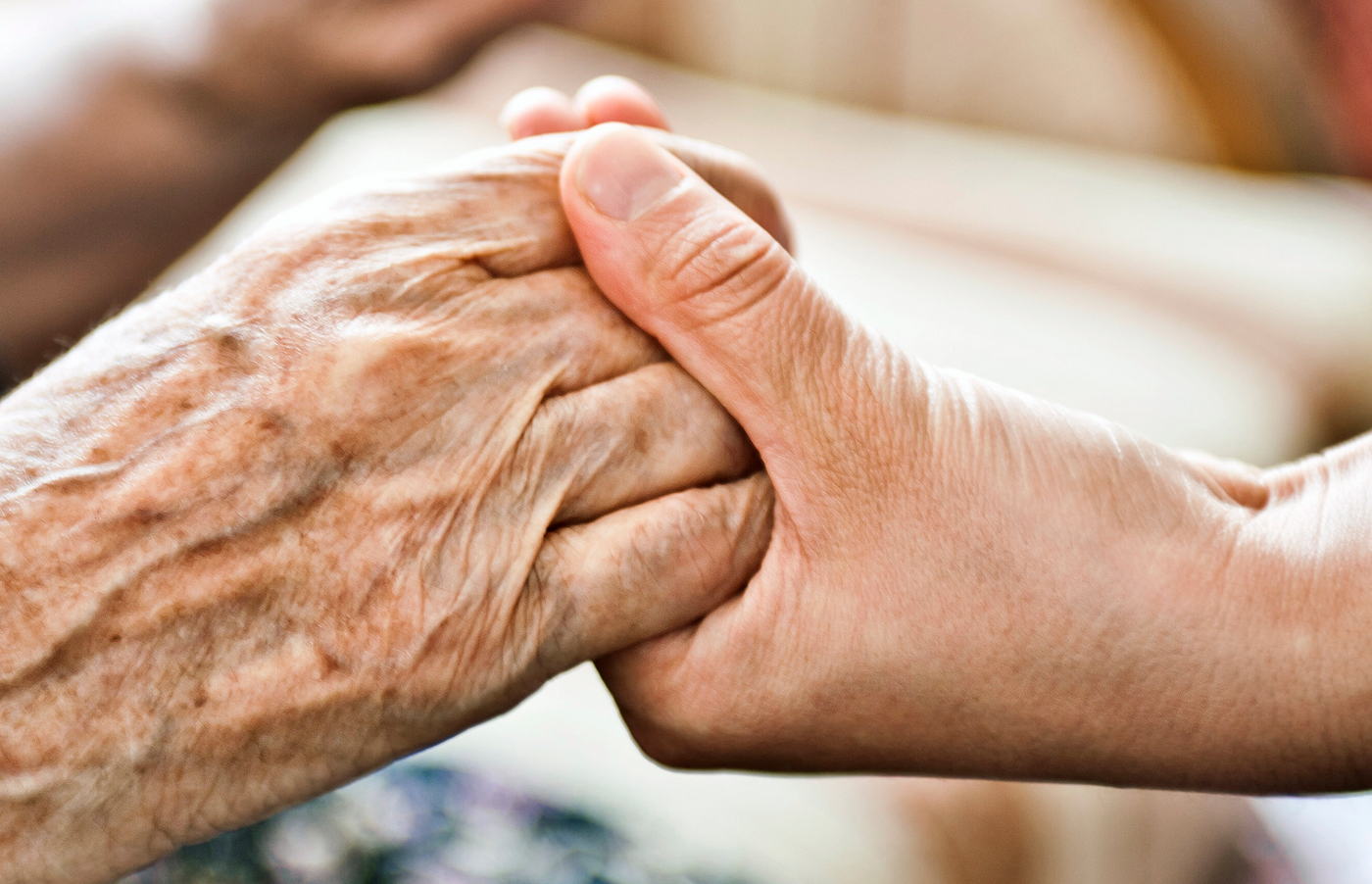I’m pretty jubilant most days when I think about the strides that the drug legalization movement has made in the past few years. For all of the ways that the government tries to impose regulations on its citizens, our minds should not be the final frontier.
Touching stories are already coming out concerning experimentation with psychedelics – and I mean experimentation in the strict scientific meaning of the word, not what you did as a teenager when you found random mushrooms in the backyard. MDMA-assisted psychotherapy is curing, curing, people of PTSD, and LSD and psilocybin are making strides in work with depression, paranoia, bipolar disorder, and many other mental illnesses.
One area that hasn’t been touched on as much yet scientifically, though extensively used in real-life situations, is using psychedelics in end-of-stage care to cope with mortality.
Mara Howell was diagnosed with colon cancer and died in 2006, after attempts at “a spinal nerve block, a medicinal pump, even a healer in a remote village in Brazil” failed to ease her pain. The only thing that helped her ease into her imminent mortality was MDMA, though even before that, she had used LSD and psilocybin with meager results.
“My daughter is dying and right now in this moment, I’m so grateful to be with her,” Marilyn remembers thinking as they took the drug. “I’m so grateful to have these moments of clarity and love and peace and joy. That I can hold this memory forever.”
Mara’s mother Marilyn wrote a book about their experience, entitled Honor Thy Daughter, published by the Multidisciplinary Association for Psychedelic Studies (MAPS).
Research into the benefits and risks of pharmaceutical MDMA is continuing to reveal important discoveries, and hopefully one day, those benefits will be available to the public. Until that day, it is up to the researchers and the media to shift the conversation to a positive one.









